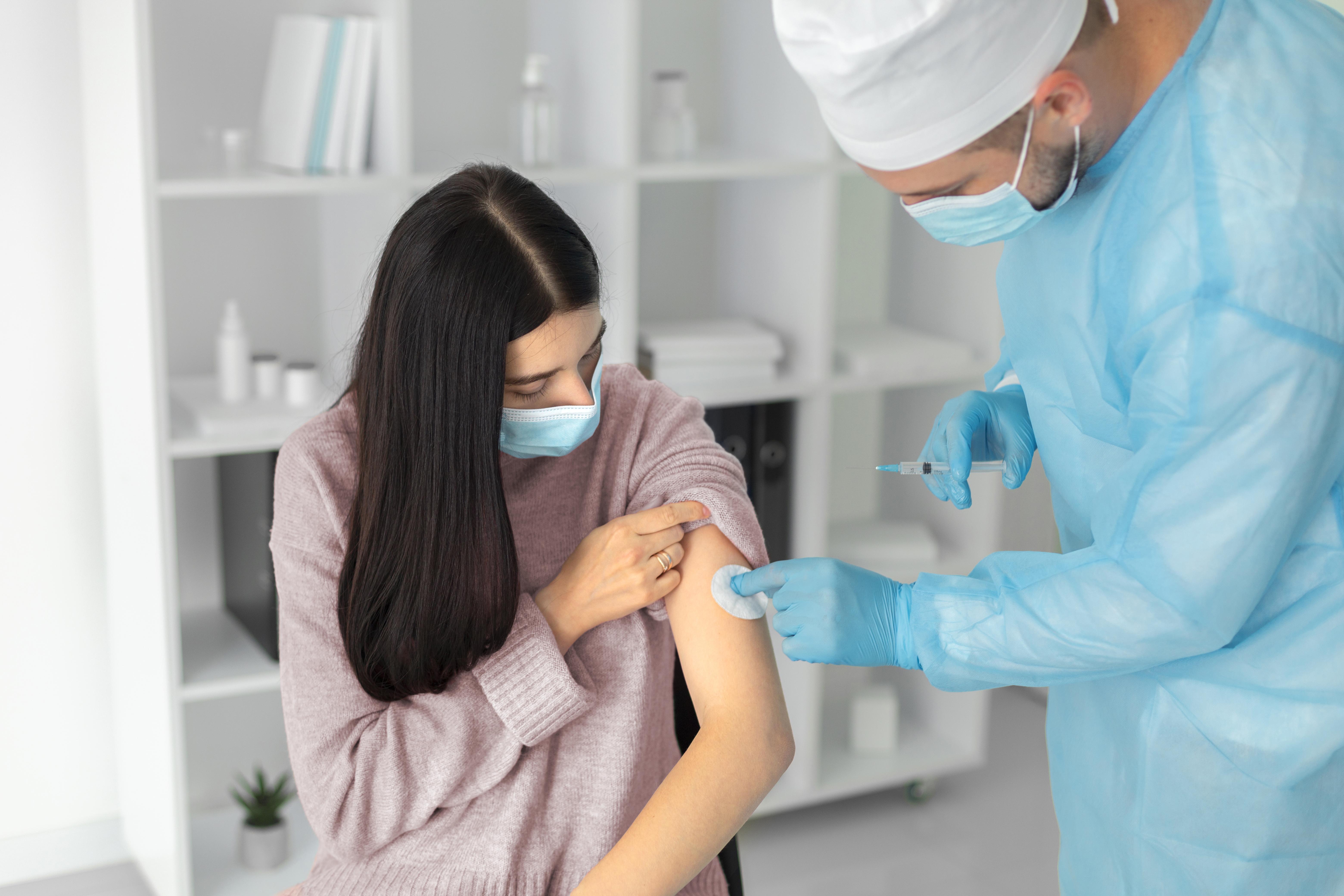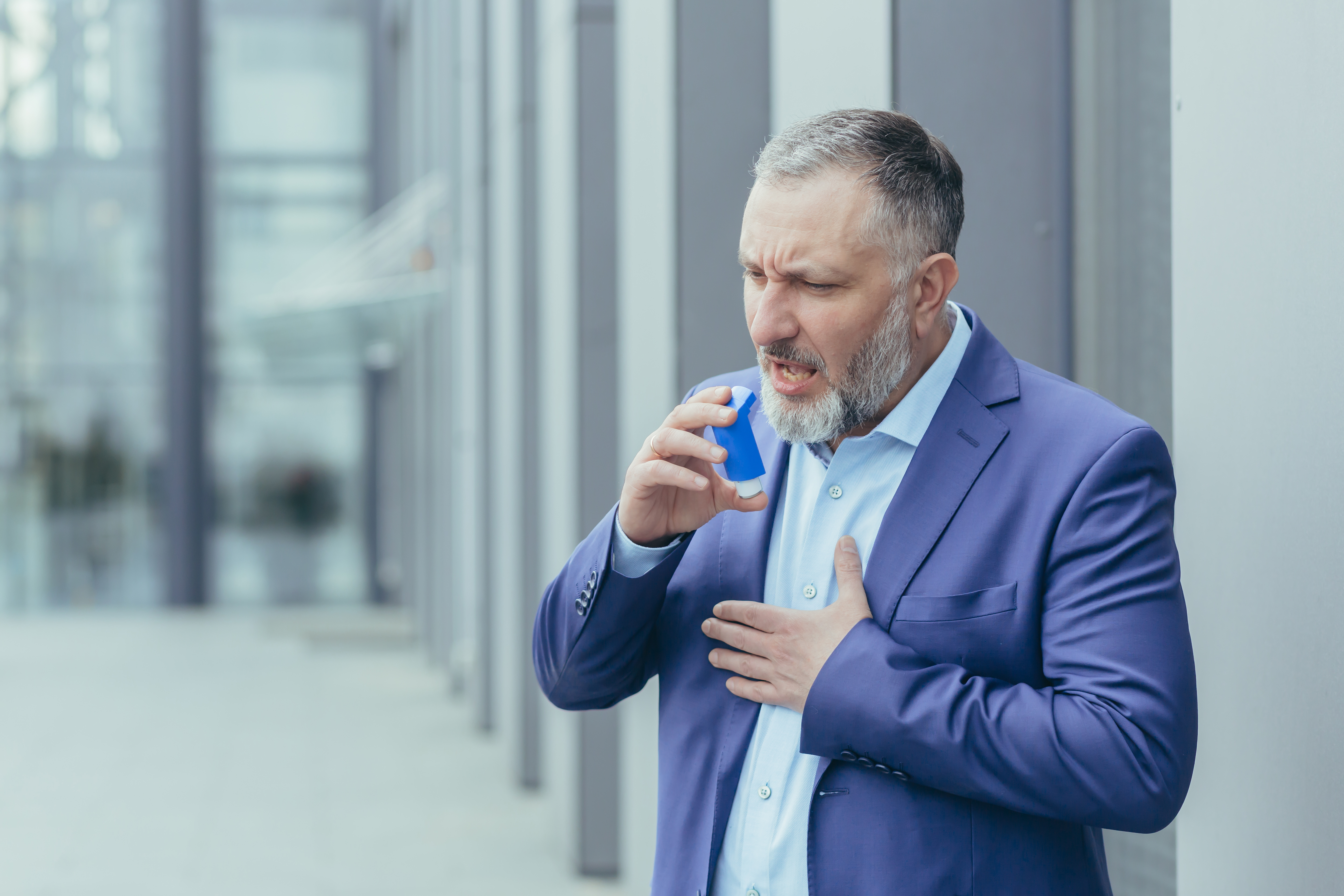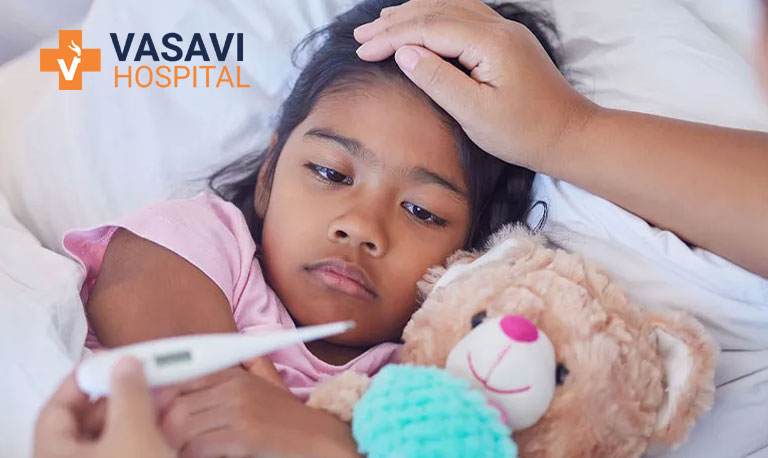
Is Immune System Protection Against COVID-19 Infection Provided by Vaccination?
Is Immune System Protection Against COVID-19 Infection Provided by Vaccination?
Despite the warnings of viral epidemiologists and scientists, the SARS-CoV-2 pandemic surprised the majority of the world. Despite wreaking havoc on communities around the world, researchers and pharmaceutical companies rose to the occasion, developing vaccines in record time. However, this achievement will not be enough to end the pandemic. For populations to achieve herd immunity, a condition in which a large enough percentage of the population is immune to an infectious disease, providing indirect protection to the entire population, widespread vaccination is required.
The risk of infection and transmission is significantly reduced when a large proportion of the population is immunized against an infectious disease like COVID-19. This means that large-scale outbreaks are less likely, allowing life to return to normal.
Is COVID-19 Vaccination Completely Protective Against Infection, and is it advisable or necessary to get vaccinated if you have previously been infected with Covid-19?
Currently, three COVID-19 vaccines are approved for use in India: Covaxin, Covishield, and Sputnik V. All of these vaccines are non-replicating, including inactivated, subunit, and nucleic acid vaccines. While Covaxin was created in-house, Covishield is the Indian version of the AstraZeneca-Oxford vaccine, and Sputnik V was created in Russia. All three vaccines were found to be highly effective at preventing COVID-19 infection, with efficacy levels ranging from 63.09% to 92%. As previously stated, all vaccines available in India have undergone numerous phases of testing to ensure their safety and efficacy.
At the same time, keep in mind that no vaccine provides complete protection against infection. The risk of infection, however, is significantly lower, and the risk of severe COVID-19 infection is even lower. As previously stated, the risk of infection decreases as a greater proportion of the population is immunized. All COVID-19 vaccines approved for use in India must also be given in two doses. This means you could still become infected before receiving the second dose of the vaccine. This is why, even after receiving your first dose, you should exercise caution.
Is vaccination safe and required for people who have previously been infected with COVID-19?
The Government of India and the Ministry of Health and Family Welfare (MOHFW) recommend that the vaccine be administered to all individuals who have previously tested positive for COVID-19 and have fully recovered. This will help to strengthen the immune response to the virus, as infection with COVID-19 is thought to only provide temporary protection. Furthermore, research indicates that people who have previously been infected respond better to vaccination and may get the same immune benefits from a single dose as most people do from two doses. It is best to avoid vaccination for one to two months after recovering from COVID symptoms.
Individuals who have recently tested positive or are suspected of having COVID-19 infection should wait at least two weeks after recovery before seeking vaccination because they are at high risk of spreading the virus to others at the vaccination site.
Can I Return to My Regular Activities After Being Fully Vaccinated?
After being vaccinated, we will all be able to resume our normal lives. However, in order to achieve herd immunity, a large portion of the population must be vaccinated. While vaccination provides some protection against infection and severe COVID-19 symptoms, it does not provide complete protection. It is also part of our social responsibility to maintain precautionary measures such as hand-washing, mask use, and social distancing.



0 comments